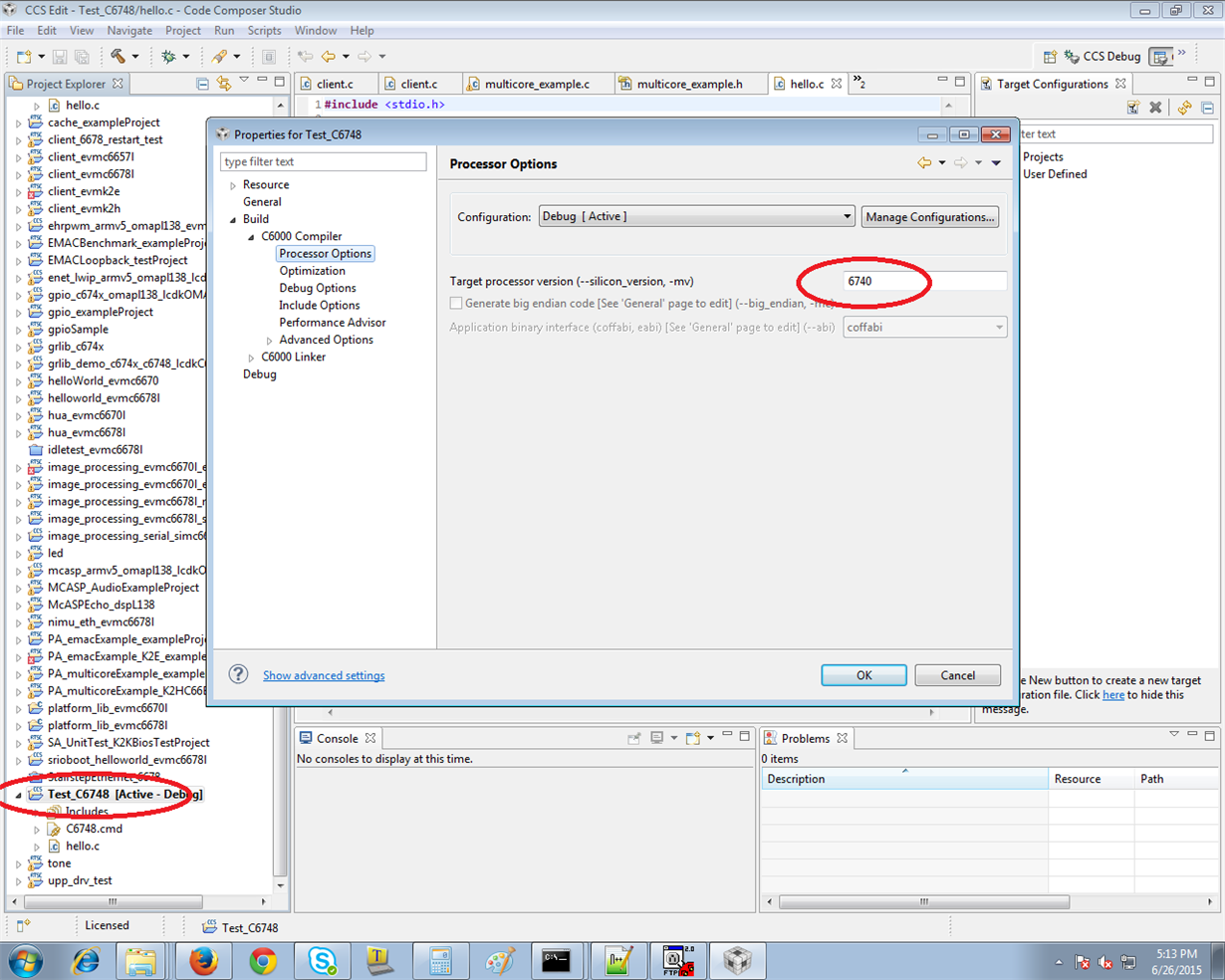Hi,
I am using a 1ms interrupt routine triggered from an external input coming from an FPGA, the code runs on the DSP side of an OMAPL-137 processor.
The interrupt routine (written in C) saves the registers A0-9 and B0-9 and this is OK, but, stated that both the background code and the interrupt routine use float and double math, should I save the registers:
- FADCR Floating-point adder configuration register
- FAUCR Floating-point auxiliary configuration register
- FMCR Floating-point multiplier configuration register
while entering the interrupt routine?
Are they any other registers I should save/restore in the interrupt routine?
Many thanks!


